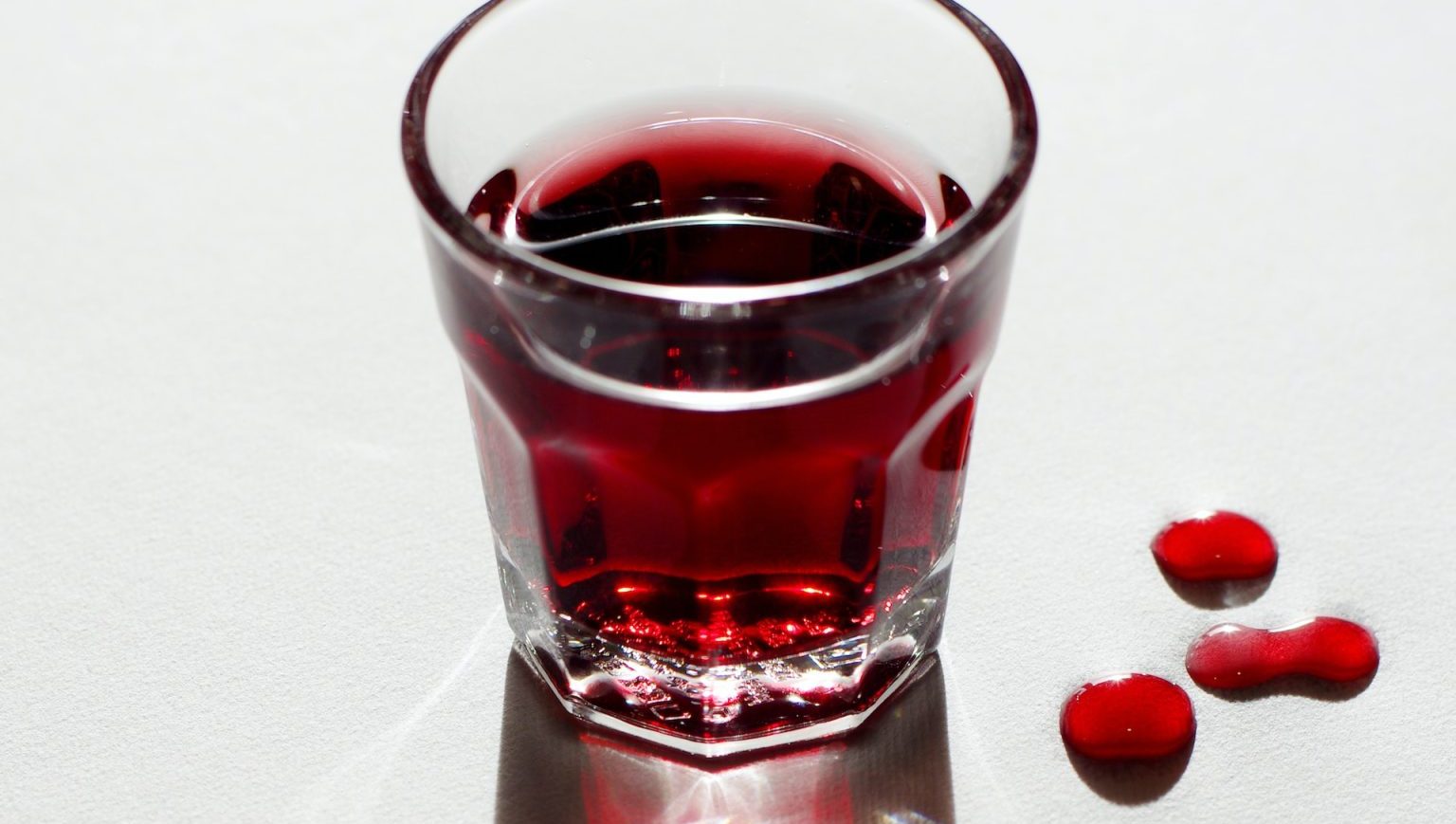Homeopathy Doesn’t Work. Why Are We Still Buying It?

Last week, when a large-scale study on the inefficiency of homeopathic medicine was published, proponents of this ‘natural medicine’ threw up their arms in disbelief. Who was sponsoring this study? Big Pharma? How could we deny the brilliance of rainforests and gardens when corporations are shoving synthetic drugs down our throat?
These are a few of the questions I endured after posting the article on my Facebook page. The study was conducted by a national board in Australia and assessed by an independent contractor (as prominently stated in the article), though plenty seemed convinced drug manufacturers had their hands in such a widespread dismissal of natural healing.
But is it ‘natural?’ When I think of nature’s remedies, I use a root or herb in a specific context. For example, after having meniscus surgery earlier this week, I juiced a large quantity of turmeric and ginger to treat inflammation. If I cut or burn myself, I walk onto my balcony and snip off a piece of aloe.
That’s not how homeopathy works. In The Organized Mind, neuroscientist Dan Levitin describes the process: the technician takes one part of a substance and dilutes it in ten parts of water. He continues this at least 20 more times, at which point there is one part of the substance in 1,000,000,000,000,000,000,000 parts of water.
For retail homeopathic products, dilutions are routinely 1 followed by 30 zeros, and often 1 followed by—get this—1,500 zeroes. This is equivalent to taking one grain of rice, crushing it into a powder, and dissolving it in a sphere of water the size of our solar system. Oh, I forgot: and then repeating that process twenty-six times.
Someone had commented on my post that yes, that’s true, but isn’t that what vaccinations are, extremely diluted substances? Yes, with a huge difference: vaccines introduce a microorganism into our body so that our immune system builds a response to it in case it is encountered later. Homeopathic medicine, by contrast, works by addressing miasms, a form of ethereal phenomena that homeopathy founder Samuel Hahnemann wrongly believed to be the root cause of all disease. The medicine leaves its ‘essence’ in the water, which is supposed to be the silver bullet.
A decade ago I saw a homeopathic doctor for anxiety disorder. I hated the after effects of Xanax and hoped another remedy existed. After paying hundreds of dollars for the consultation and subsequent four remedies, all of which failed, I gave up on this path. The doctor’s reasoning for my lack of response was that he wanted to prescribe me an animal-based remedy, and since I was vegetarian I wasn’t getting the right dose.
I’m no fan of pharmaceuticals, even though that was the immediate assumption when I posted the homeopathy article. In fact, earlier this week I posted this blog on the dangers of overprescribing medicine after being given 50 oxycodone pills following a simple knee surgery. With my anxiety disorder, I found relief through meditation and breathing exercises; with my knee, after taking a few pills I began strength exercises and stretching and have found the pain minimal.
Overall I try to balance medicine without abusing it. If there’s a ‘natural’ remedy I investigate the research and if it looks promising, give it a shot, especially if it’s food-related. The complete lack of understanding of how food affects the body’s healing process is a major flaw in all of these forms of medicine.
The final and most echoed comment on my thread had to do with the placebo effect, however. As Norman Doidge writes in The Brain’s Way Of Healing, the term ‘placebo’ is derived from a Latin root meaning ‘I shall please’—thus it shouldn’t surprise that we’ve chosen sugar in such experiments.
Doidge writes that the placebo effect generally works on 30% or more patients, meaning that roughly one in three people find ‘significant pain relief’ if they think they’re being given medicine when they’re drinking sugar water. This doesn’t speak to human gullibility as much as it does to our brain’s fantastic ability to change its response to pain through focused effort. Our beliefs help define the neural structure of our reality.
While this has incredible implications for how we heal ourselves, it does not excuse homeopathic companies from making a profit pimping placebo pills. It amazed me that people posted studies supporting the efficacy of homeopathy sponsored by the British Homeopathic Association. These were the same people that would denounce a cancer drug study sponsored by Pfizer, unable to see the inconsistency in their logic.
As I concluded in the above piece on over-prescription, an Australian friend of my girlfriend’s, who was hired to consult with American hospitals to make them run more efficiently, was initially horrified that we have a for-profit medical system. Even our nonprofit wings of this system are corrupt, as evidenced in the recent Blue Shield scandal. Incentivizing more prescriptions and surgeries is a major failure in how we treat people.
This, however, doesn’t give homeopathy a free pass because they print flowers on their bottles. Dishonesty in one domain doesn’t excuse hucksterism in another. Yet as long as healing remains a lucrative business, it’s going to remain a challenge weeding through the pretty designs and catchy slogans to find medicine that works.
Image: Antonova Anna/shutterstock.com





